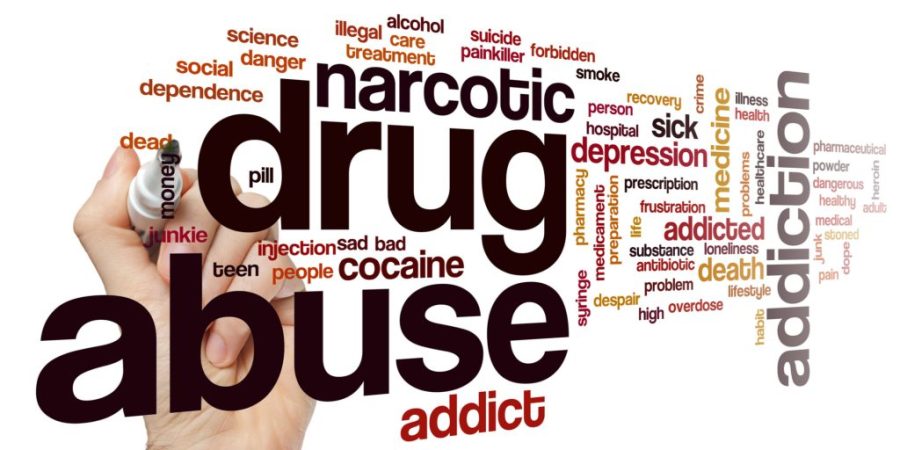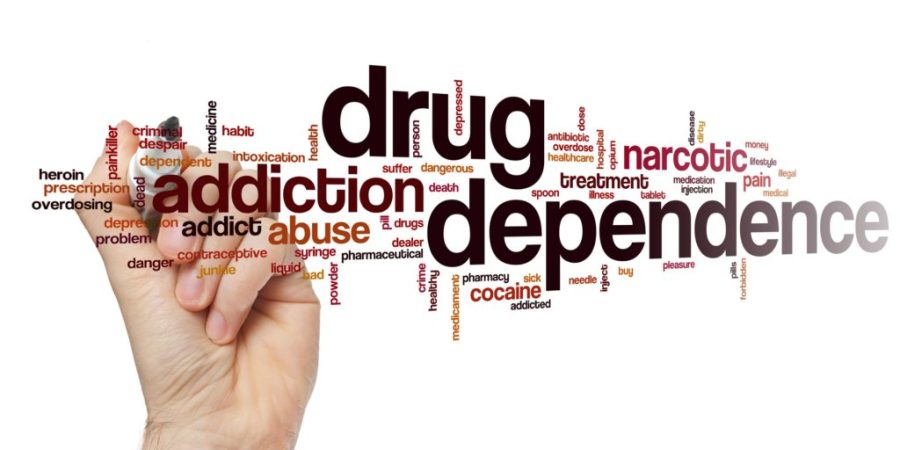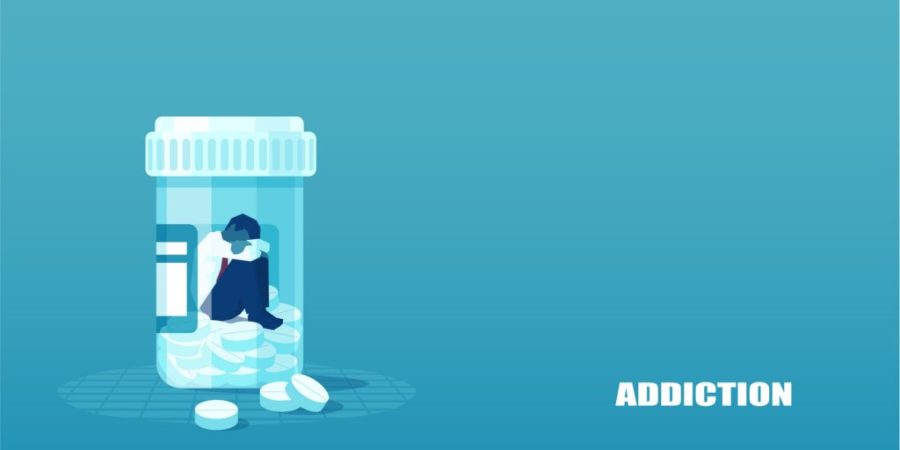
It is important to understand the difference in dependence vs. addiction when looking for addiction treatment. Many times, dependence and addiction co-occur, meaning that they present at the same time. However, drug dependency can exist without a psychological addiction and vice versa. Whether you are dealing with physical dependence, mental addiction, or both, addiction treatment can be tailored to meet you wherever you are with substance use.
Central Florida residents struggled with an increase in addiction rates since the start of COVID in 2020. Overdose deaths have largely been attributed to illicit drugs laced with illegally manufactured fentanyl. However, the massive influx of prescription medications to treat mental health disorders like depression and anxiety has also posed a significant drug addiction and dependency problem. Sadly, fentanyl has made it into counterfeit prescription pills that look remarkably similar to actual prescriptions, making purchasing anything off the black market unsafe for consumption. However, even legitimate medications can result in addiction or dependence. Understanding the signs of dependence vs. addiction can help educate you on when to get help for addictive tendencies.
What Is Drug Dependency?

Drug dependence refers to a person’s physical reliance on a substance to function. In other words, the body has grown dependent on the chemical substance and needs it to operate normally. This is a product of chronic drug use, whether from a prescription for a medical condition or due to recreational use. Consequentially, when a chemical substance is continually used, the body adjusts to its presence by altering its chemistry. When the drug is suddenly stopped, the body must again readjust. Both illegal drugs and prescription medications can result in drug dependence, and it is possible to be dependent on more than one drug at a time.
Chemical Dependence vs. Addiction
Dependence and addiction are often used interchangeably. However, there are differences between the two conditions. Simply put, addiction refers to the psychological need to continue drug use despite negative consequences. Conversely, dependence refers to the physical need for the drug to operate normally. For example, years of alcohol abuse will result in an alcohol dependency characterized by the need to drink to feel normal. Without alcohol, the body will start to exhibit withdrawal symptoms.
To gain a deeper understanding of the difference between chemical dependence vs addiction, consider the following terminology describing the effects of substance abuse:
- Tolerance: A drug tolerance refers to the body’s adaptation to a drug. Once a tolerance forms, a person will need to take more of the drug to produce the same response.
- Craving: A drug craving refers to the intense desire to use drugs or alcohol. Drug cravings are a sign that the brain chemistry has started to adjust to the chemical. Then, when the drug is absent, the brain sends signals encouraging the use of the drug. Alternatively, a place or person can trigger drug cravings due to the association between the trigger and drug use. Therefore, cravings can signify both physical dependence and a psychological addiction.
- Drug Detox: Detox refers to when the substance is leaving the body. If a person is chemically dependent, the detox process may result in withdrawal symptoms.
- Withdrawal: Drug withdrawal occurs when a chemically dependent person quits taking the drug cold turkey. This can happen voluntarily when trying to quit or when the drug becomes unavailable.
What Drugs Cause Dependence?

Many drugs, both illicit and prescription, can cause a physical dependency. For instance, the following drugs are often associated with chemical dependency:
- Alcohol
- Barbiturates
- Opioids (illicit and prescription)
- Anti-depressants
- Benzodiazepines
- Nicotine
- Illegal Drugs (Heroin, Meth, etc.)
Likewise, these substances can also cause psychological addiction. Often, the psychological desire drives the drug use, which causes a physical dependency over time. While it’s important to understand the difference in dependence vs. addiction, it’s also imperative to see how they go hand in hand.
Signs of Drug Dependence vs. Addiction
In the beginning, it may be easy to miss the signs of drug dependency. However, as time progresses, people will feel discomfort from drug withdrawals if they go too long without the substance they are dependent on. These signs of physical dependency may include:
- Nausea
- Vomiting
- Digestive discomfort
- Tremors
- Irritability
- Insomnia
- Psychosis
- Hallucinations
- Seizures
On the other hand, signs of psychological addiction center more around continuing drug use despite the negative impact on a person’s life. For example, continuing use despite declining health or job performance may indicate a mental addiction. Setting limits for use and surpassing them could be another sign of developing addiction.
Unfortunately, this state of being is becoming too common in post-pandemic Florida. If you or someone you know has struggled with dependency or addiction, rest assured that addiction treatment can help.
Help for Drug Dependency and Addiction Near Orlando, FL
At The Blackberry Center in Central Florida, we understand that substance abuse often accompanies mental health disorders. To accommodate this, we offer an accredited dual diagnosis program that will treat addiction and mental health concerns together. Our therapeutic approaches address all aspects of dependence and addiction and include traditional addiction counseling, mental health treatment, and planning for life after rehab. At our Central Florida behavioral center, we strongly believe in a holistic, comprehensive method of healing that addresses all facets of a substance use disorder.
To learn more about our accredited addiction treatment program, contact our admissions team at 407-863-0705 or fill out our confidential online form. At the Blackberry Center in St. Cloud, FL, we want you to know that you do not have to recover alone. Together, we will work through any addiction and mental health concerns.
The post The Difference Between Dependence vs. Addiction appeared first on The Blackberry Center of Central Florida.
Source
Original Author: The Blackberry Center

